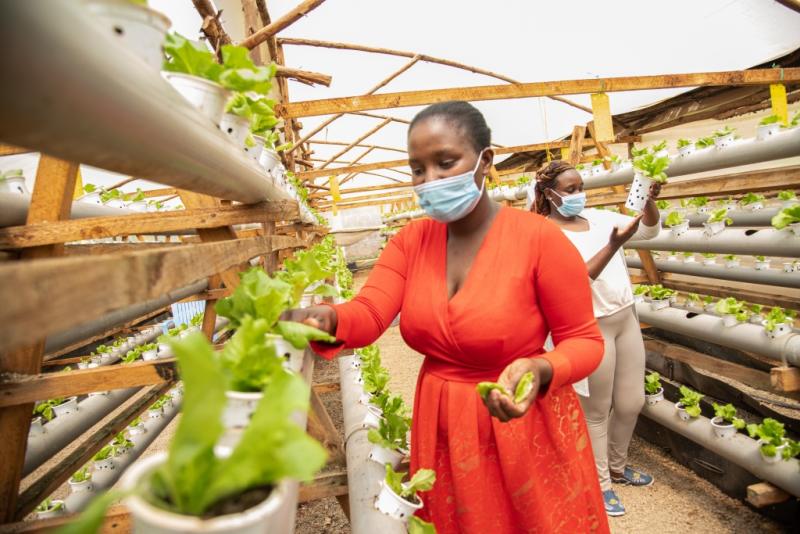×
The Standard e-Paper
Fearless, Trusted News

Young agriprenuers have remained resilient in the wake of the pandemic.[Standard]
Countries like Kenya, which have a relatively youthful population, stand on the runway of economic take-off if they find the correct formula to harness the energy, creativity and entrepreneurship that young people have to offer.